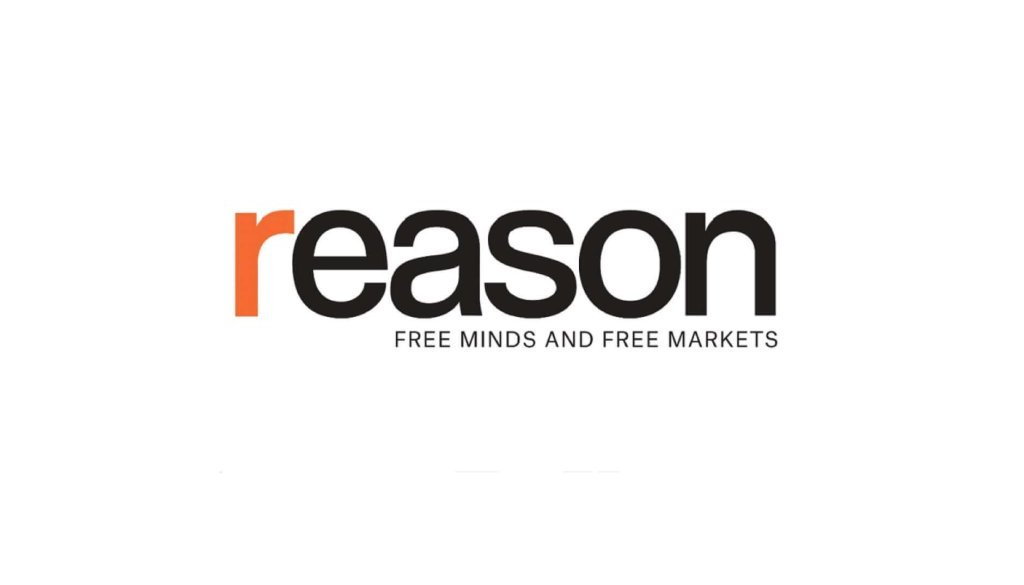Colorado Appellate Courts “Disapproving” Lower Court Decisions That Led to Acquittal
Generally speaking, the Double Jeopardy Clause precludes the government from appealing an acquittal (whether an acquittal by a jury or by a judge). Once you’re acquitted, you’re off the hook, even if the trial judge erred in instructing the jury, in deciding whether there was sufficient evidence, in admitting evidence, in refusing to admit evidence, or the like.
But I just learned that, for the last 100 years, Colorado has allowed the prosecution to appeal acquittals, even though the appeal couldn’t affect the result. Indeed, the bottom line decision wouldn’t be “judgment affirmed” or “judgment reversed” (since the judgment of acquittal couldn’t be reversed)—rather, it would be “judgment approved” or “judgment disapproved.”
The prosecution’s goal in such a case would presumably be to try to set a precedent that would foreclose similar errors in the future. Of course, if the judg
Article from Reason.com

The Reason Magazine website is a go-to destination for libertarians seeking cogent analysis, investigative reporting, and thought-provoking commentary. Championing the principles of individual freedom, limited government, and free markets, the site offers a diverse range of articles, videos, and podcasts that challenge conventional wisdom and advocate for libertarian solutions. Whether you’re interested in politics, culture, or technology, Reason provides a unique lens that prioritizes liberty and rational discourse. It’s an essential resource for those who value critical thinking and nuanced debate in the pursuit of a freer society.




